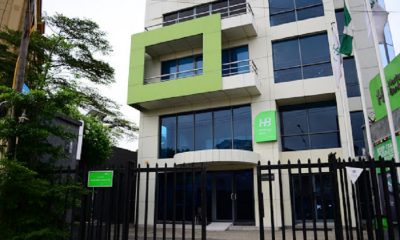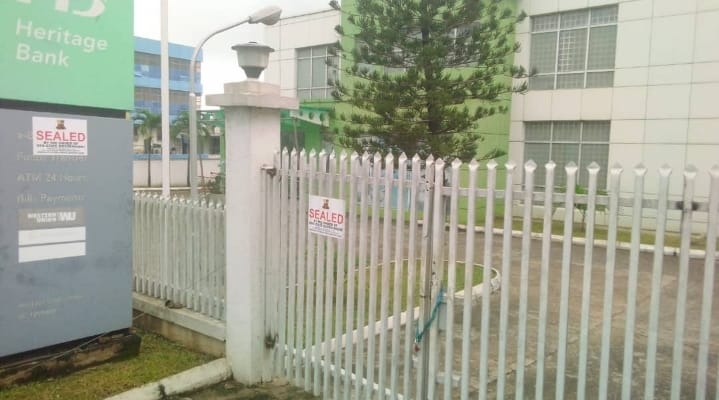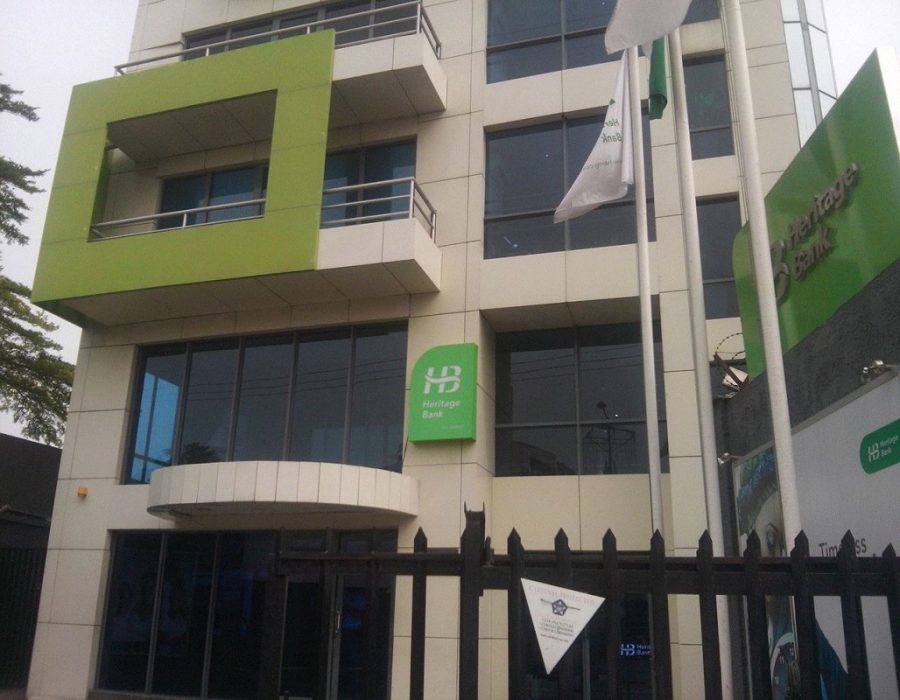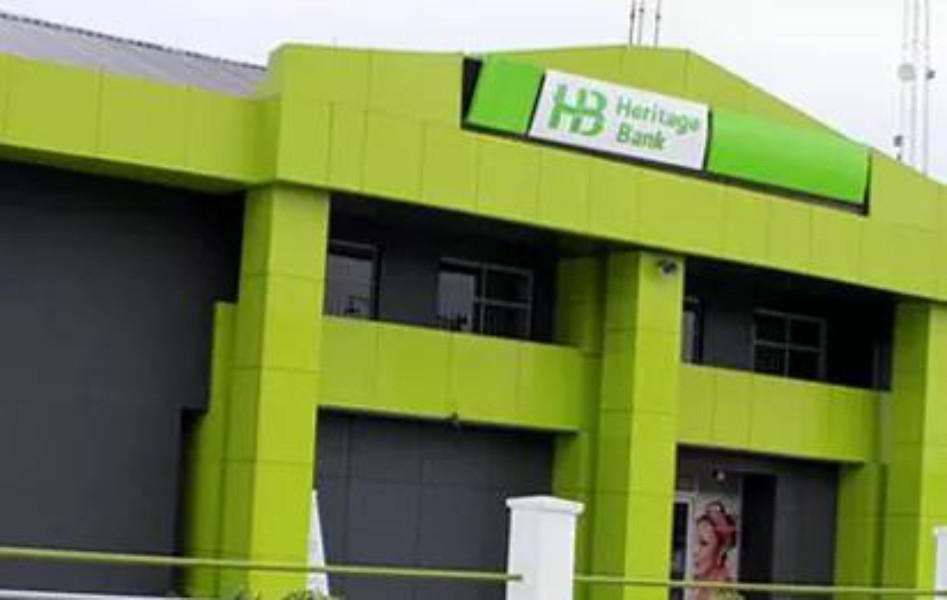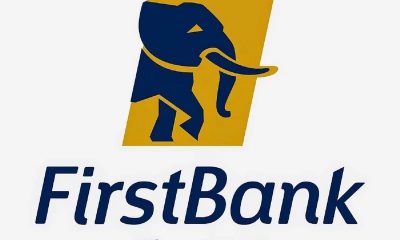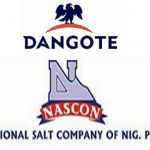Banking
IWD: 600 Women Empowered by Heritage Bank
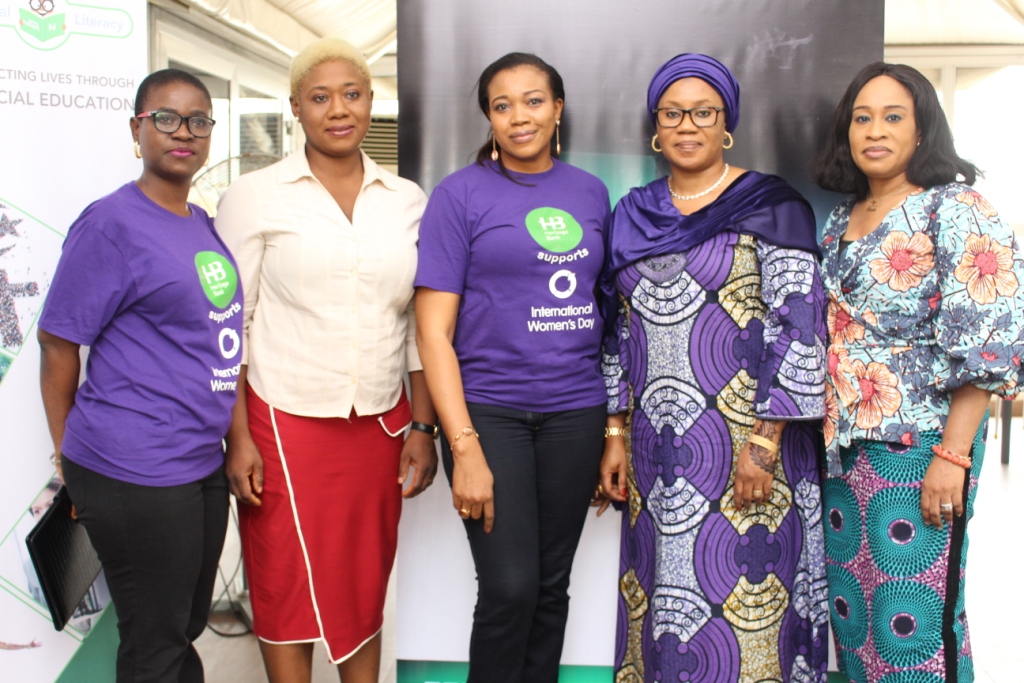
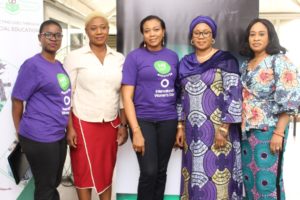
By Modupe Gbadeyanka
About 600 women across Nigeria received empowerment from Heritage Bank Limited as part of activities to mark the International Women’s Day (IWD) tagged ‘Be Bold for Change.’
The bank organised a training programme with theme: Emerging Female Entrepreneurs Forum for women in Benin, the Edo state capital, Ibadan, the Oyo State capital, Minna in Niger State and in Lagos respectively.
The United Nations adopted March 8 every year to celebrate women in honour of the remarkable contributions by women to the global society. The day also commemorates the inspiring roles of women around the world to secure their rights and build more equitable societies.
Addressing participants in Lagos, Group Head, Market Intelligence & Analytics, Retail Banking of Heritage Bank, Mrs Cynthia Erigbuem, noted that the bank recognized that this group of stakeholders play a vital role in driving retail business and that is why it is partnering with them to achieve its corporate goals.
“Our culture is predisposed to welcome every woman and her vision into our mind-set of creativity and knowledge, helping her to grow her business beyond where she can ever imagine by offering specialized products and services for her business,” adding that “by our very nature, our services are personal, and deliberately approached from a bespoke angle, to simplify her life and business so as to be able to create, preserve and transfer wealth across generations.”
Mrs Erigbuem observed that Heritage Bank is a leading Nigerian bank with an excellent service culture hinged on working with each customer to create a name and heritage for today and for future generations. With the ideals of Service, Performance, Respect, Integrity, Innovation, Tenacity and Excellence forming core values, we have set out to redefine the concept of banking for the quintessential customer.”
In order to achieve this goal, she stated that Heritage Bank specializes in products and services that are tailored towards the specific needs of women, irrespective of their age and social status.
According to her, such products that can be exploited by women to their advantage are Power Base, Why BankMy Family, HB Concourse and SME Business Advisory Services.
She listed 10 financial literacy tips for the emerging female entrepreneurs to be successful in business: keep records such as bank statements, receipts, invoices; write down your business goals, make your bank account officer your best friend and have a separate account for your business.
Others are know your financial personality, identify your business needs and wants, take advantage of banking channels/products for ease of business dealings; save, no loose change; bank your money, avoid losing income and pay your taxes when due as well as measure business performance against your goals.
Other facilitators at the Lagos forum were Mrs Ini Abimbola, CEO/Lead Consultant, ThistlePraxis Consulting Limited; Mrs Adetayo Otun, CEO, Ambassador Kitchen and Catering Services and Mrs Oluwakemi Oduntan, a legal practitioner among others.
In a keynote address, Ms O Idahosa, Permanent Secretary, Ministry of Education, Benin City, Edo State said growing a successful business required hardwork and knowledge of the business, determination and a personal resolve to be a solution to a problem or a supplier of a need.
She enjoined the women entrepreneurs to ensure that a product must satisfy an immediate need, develop a complete business before starting; offer good quality at a fair price, be careful with money- cash flow is essential; maximise marketing opportunities, love your customers and never give up.
Banking
Deriv Taps PawaPay to Expand Mobile Money Deposits Across Africa

By Adedapo Adesanya
Leading pan-African payments aggregator, PawaPay, has partnered with Deriv to support mobile money deposits across multiple African markets, with plans to expand further.
According to a statement on Tuesday, the integration gives Deriv users access to local payment methods through a single, compliant connection to major mobile operators.
The partnership, launched in 2025, currently supports mobile money deposits across eight African countries, with connectivity to major mobile money operators.
Deriv selected PawaPay to support its African expansion strategy in order to deliver mobile money without sacrificing localisation or reliability as volumes grow.
Since launching with PawaPay, Deriv has seen a measurable increase in mobile money deposits across the live markets. Coordinated launch and education campaigns accelerated adoption, while the underlying reliability of the integration meant fewer failed transactions and more predictable settlement, factors that directly affect whether a payment product succeeds in practice.
PawaPay connects businesses to local payment methods, including mobile money across 20 African markets, handling payment processing, settlement, FX, and reconciliation for global platforms operating at scale.
Through the partnership, Deriv users are able to fund their accounts using mobile money wallets they already use day to day. For platforms operating across African markets, mobile money is a primary way customers transact, and offering it reliably requires local operator connectivity, regulatory alignment, and the ability to manage payments consistently across markets.
PawaPay supports Deriv through a single integration that provides operator connectivity, compliance support, and settlement across the markets live today. This includes hands-on support during periods of network instability, so issues can be addressed before they impact users. The setup is designed to support high-volume payment flows as usage grows.
“Mobile money is already deeply embedded in how people transact across Africa,” said Mr Nikolai Barnwell, CEO at PawaPay. “The real challenge for companies expanding across multiple markets is running it reliably once volumes grow. Our role is to make sure payments remain predictable, so platforms like Deriv can focus on their customers rather than managing operational detail.”
On his part, Mr Derek Swift, Head of Client Funding Facilities at Deriv, said, “Our partnership with PawaPay is central to Deriv’s expansion across Africa. Their platform performs reliably in markets where payment infrastructure requires real local expertise, and their team operates with the kind of responsiveness that matters when you’re serving clients across multiple jurisdictions. This partnership has opened markets that simply weren’t accessible to us before.”
Banking
CIBN to Back ACAMB on Professional Development, Industry Advocacy

By Modupe Gbadeyanka
The Chartered Institute of Bankers of Nigeria (CIBN) has promised to support the ambitious plans of the Association of Corporate and Marketing Professionals in Banks (ACAMB).
At a meeting between the leaderships of the two organisations on Tuesday, the president of CIBN, Professor Pius Deji Olanrewaju, said it was impressed with the capability development and the undergraduate mentorship schemes of ACAMB under its leader, Mr Jide Sipe.
The CIBN chief commended the forward-thinking vision of the group, saying it had raised standards across Nigeria’s banking sector.
“ACAMB’s support has given CIBN and the banking sector brand equity,” he said, praising the association’s record in reputation management. recalling ACAMB’s role in addressing crises within the sector, describing the partnership as strategic and beneficial.
He further pledged support for ACAMB’s 30th anniversary in September 2026, its AGM, and other programmes, including fundraising initiatives.
“I want to assure you that everything you have presented today has been clearly noted and will be acted upon.
“We are fully committed to working closely with you so as to translate these discussions and vision into measurable progress. Our shared goal is to strengthen the sector, protect its reputation, and enhance its public image in a meaningful and lasting way.
“This meeting discussed various initiatives and reforms crucial for the future of our industry, including the need for continuous training and adaptation to new programs,” Mr Olanrewaju stated.
Speaking at the meeting, the president of ACAMB described the visit as a crucial first step in his tenure, aimed at contributing significantly to giving flight to his vision and that of ACAMB.
“When we assumed office, one of the first things we agreed on was the need to visit key stakeholders.
“However, before reaching out more broadly, we felt it was important to begin with our primary constituency and core stakeholders. We want them to understand the direction we are taking and to support the work we are doing, so that ACAMB can achieve greater success than it has in the past.
“We couldn’t have properly started our tenure without this very important meeting with the CIBN,” Mr Sipe stated
He introduced the newly constituted ACAMB Exco, which includes the 2nd Vice President, Morolake Phillip-Ladipo; General Secretary, Olugbenga Owootomo; Assistant General Secretary, Ademola Adeshola; Publicity Secretary, Abiodun Coker; and Executive Secretary, Fadekemi Ajakaiye.
Banking
All Set for Second HerFidelity Apprenticeship Programme

By Modupe Gbadeyanka
Registration for the second HerFidelity Apprenticeship Programme (HAP 2.0) organised by Fidelity Bank Plc has commenced.
The Divisional Head of Product Development at Fidelity Bank, Mr Osita Ede, informed newsmen that the initiative was designed to empower women with sustainable entrepreneurship skills.
The lender created the flagship women-empowerment initiative to equip women with practical, income‑generating skills and structured pathways to entrepreneurship.
“HerFidelity Apprenticeship Programme 2.0 reflects our commitment to continuous improvement. Having evaluated feedback from the first edition, we have returned with stronger partnerships and deeper mentorship programmes to ensure that women acquire not just skills, but sustainable economic opportunities,” he said.
“At the heart of the programme is guided, real‑world learning. Participants will undergo intensive apprenticeship training under reputable institutions and industry experts across select fields such as hair styling, shoe making, auto mechatronics, and interior decoration,” Mr Ede added.
He noted that HerFidelity Apprenticeship Programme 2.0 goes beyond skills acquisition by offering participants a wide range of business advisory services. These include business and financial literacy training, mentorship support throughout the apprenticeship journey, access to Fidelity Bank’s women‑focused and SME financial solutions, as well as guidance on business formalisation and growth strategies.
Further emphasising the bank’s vision, Mr Ede said, “By integrating structured mentorship with entrepreneurial development, Fidelity Bank is positioning women not just as trainees, but as future employers, innovators, and economic contributors within their communities. This aligns with our mandate to help individuals grow, businesses thrive, and economies prosper.”
-

 Feature/OPED6 years ago
Feature/OPED6 years agoDavos was Different this year
-
Travel/Tourism10 years ago
Lagos Seals Western Lodge Hotel In Ikorodu
-

 Showbiz3 years ago
Showbiz3 years agoEstranged Lover Releases Videos of Empress Njamah Bathing
-

 Banking8 years ago
Banking8 years agoSort Codes of GTBank Branches in Nigeria
-

 Economy3 years ago
Economy3 years agoSubsidy Removal: CNG at N130 Per Litre Cheaper Than Petrol—IPMAN
-

 Banking3 years ago
Banking3 years agoSort Codes of UBA Branches in Nigeria
-

 Banking3 years ago
Banking3 years agoFirst Bank Announces Planned Downtime
-

 Sports3 years ago
Sports3 years agoHighest Paid Nigerian Footballer – How Much Do Nigerian Footballers Earn


